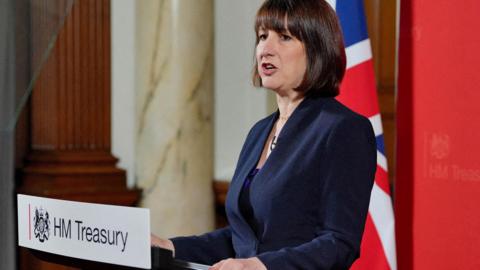The government says the Local Government Pension Scheme (LGPS) can get more from investments - while tackling a £2bn bill for fees - by joining together.
There are 86 local government pension funds in England and Wales, which are mainly paid into by local government workers.
These individually managed funds are divided by local authority, making it more costly, because each fund is paying its own management and administration fees.
Between them, they have 6.5 million members and manage assets worth £354bn.
The schemes are all part of the LGPS which is the seventh-largest in the world, according to the UK government.
Most of its participants are low-paid women.
Under Reeves’ plans, the funds would be consolidated in some way, although at present it is unclear exactly how.
She may ask them to pool their assets and resources, or she may ask them to merge with one another to create a smaller number of larger funds, which would benefit from greater financial firepower and fewer costs.
The LGPS is a defined benefit scheme which means that, when it is time to draw their pensions, its savers get an agreed amount based on their salary, no matter what the fund is worth at the time.
So drawing scheme into "megafunds" will make little, or no, difference to what they receive.
That is different to private pension pots, which rise and fall in value depending on how investments perform.
